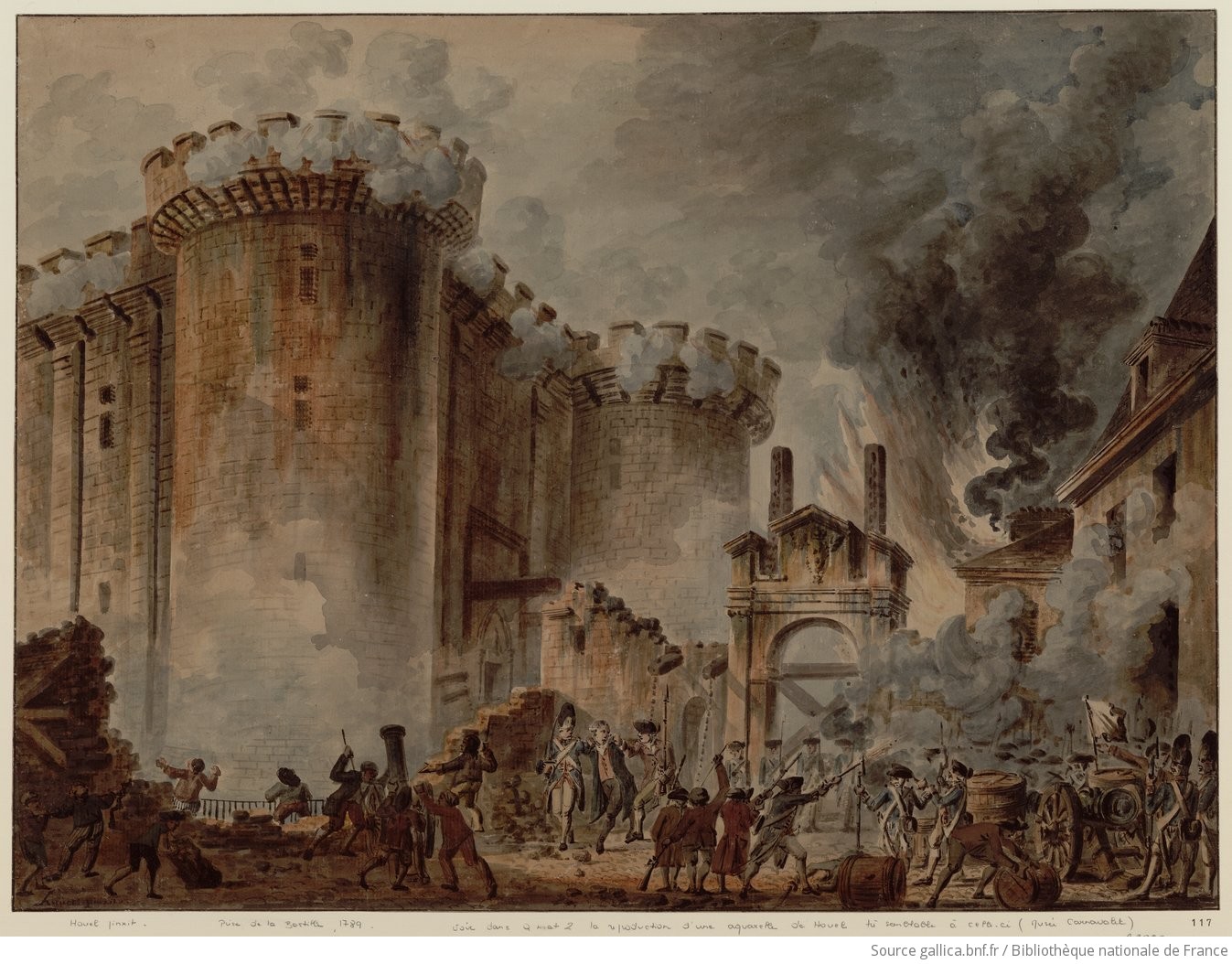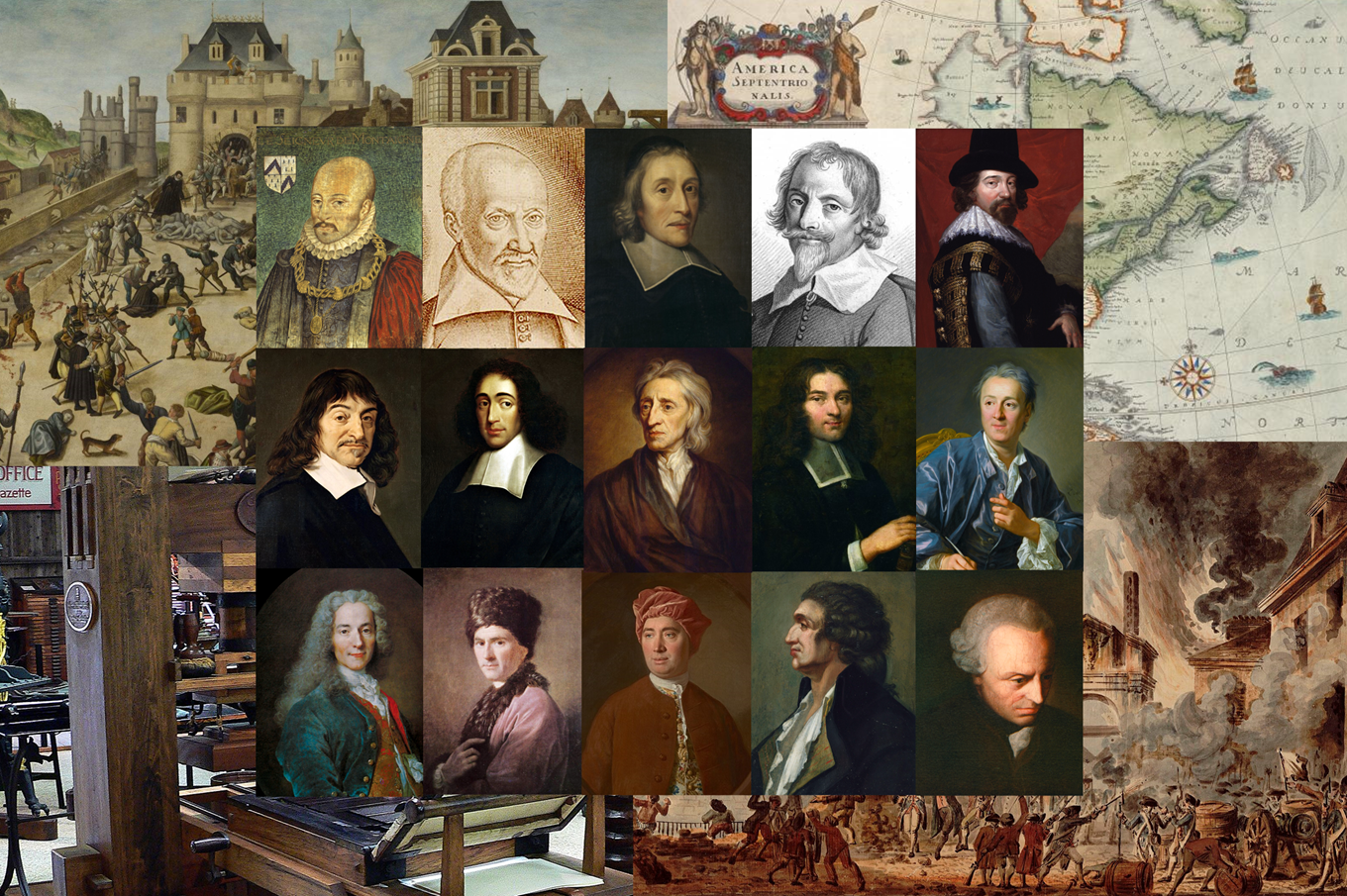Post tag : Jean-Jacques Rousseau
-
1789: Sovereignty and the Impossible Harmony of Interests

Robert Darnton’s The Revolutionary Temper offers a vivid picture of the moral climate that preceded 1789. He uncovers the accumulated resentment of ordinary people against the Crown, the nobility, and the clergy—a resentment sharpened by hunger and humiliation. Yet emotions, however intense, do not by themselves make a revolution. They ignite revolt, not political transformation.…
-
Idealization in History

That humans spontaneously idealize and that their idealizations shape them may seem obvious, but the obviousness vanishes when one considers the extent of their knowledge and achievements, which have literally transformed the Earth, not just on the surface. How to distinguish imagination from reality when the former models the latter? The answer to this question…

